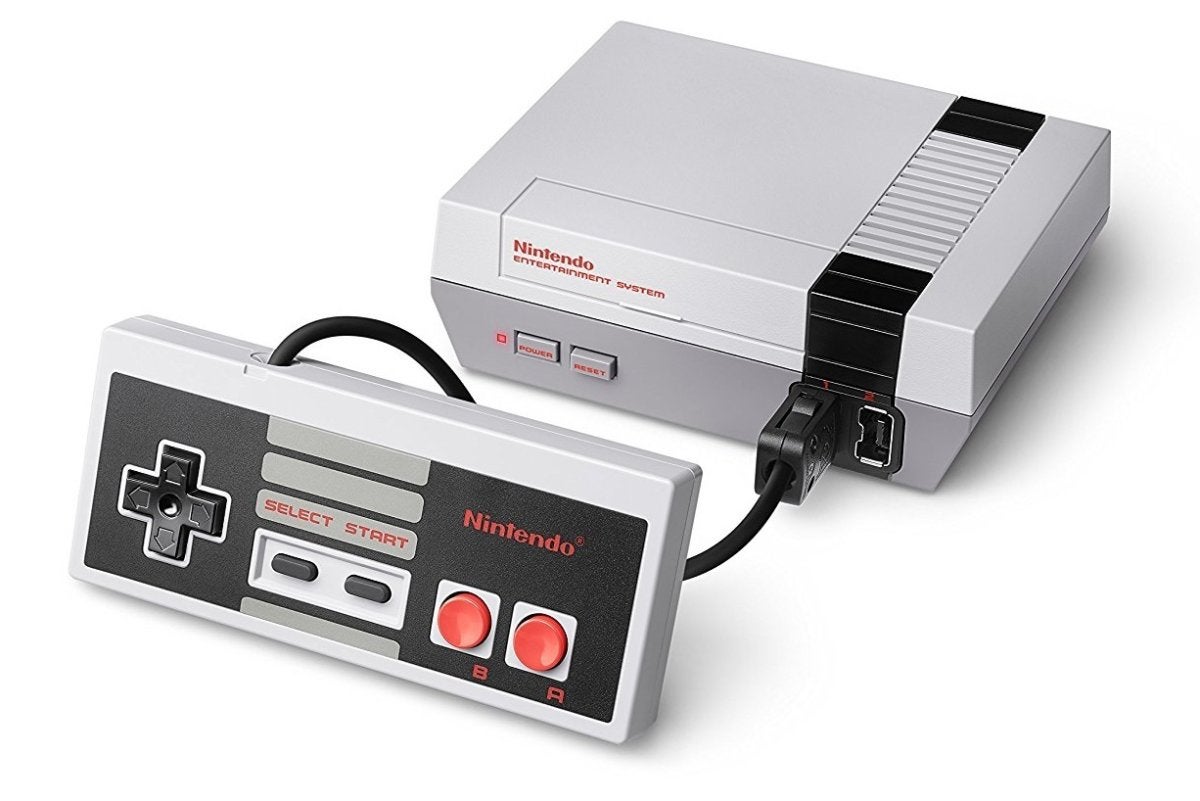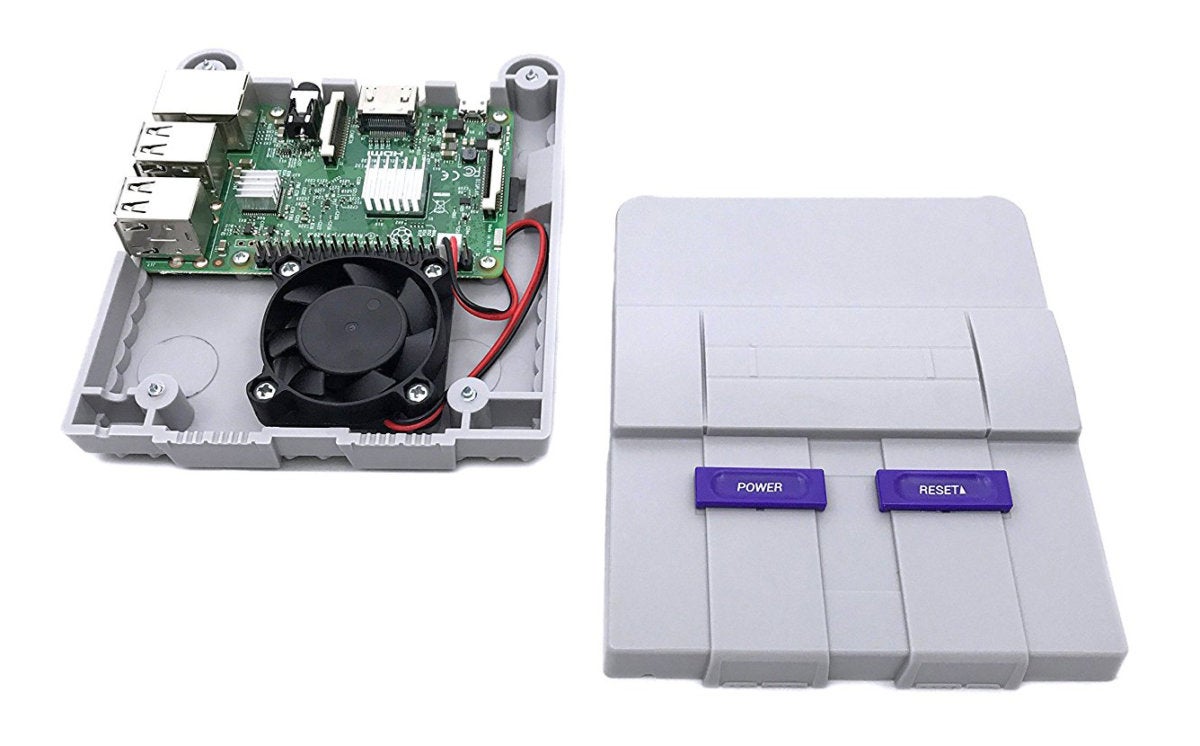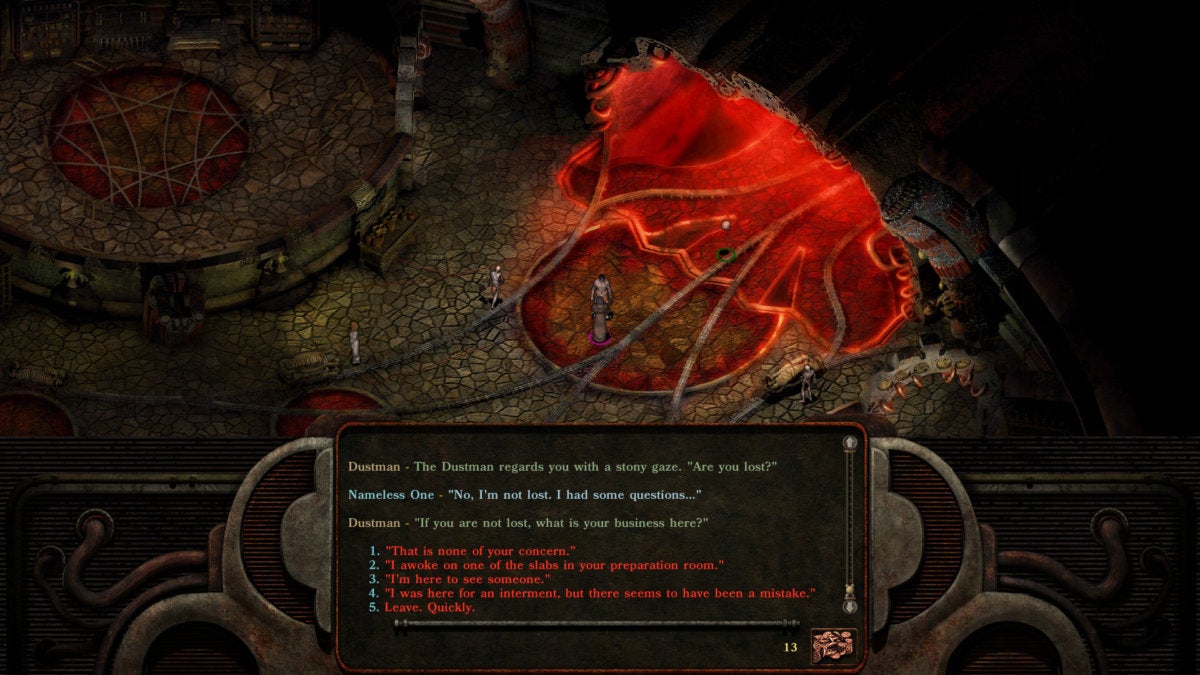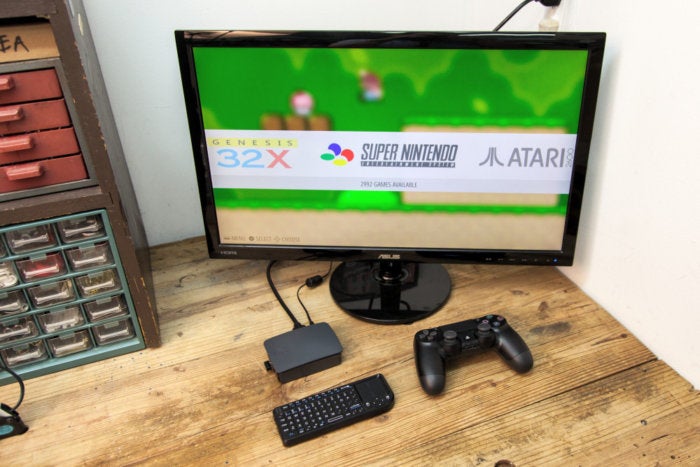Nintendo’s ridiculous war on ROMs threatens gaming history - spiekerareast
Last calendar week Nintendo sued two long-standing emulation sites: LoveRETRO and LoveROMs. It's not the first time emulation's get along vulnerable, just it was noteworthy in part because of the absurd damages Nintendo cited: $2 million for illicit use of their earmark, positive $150,000 for each Nintendo game hosted.
It's ridiculous. Those amounts have none basis in realness. Look-alike the days when the MPAA went around suing unselected torrenters, Nintendo levied the kinda threat designed to make believe sites immediately genuflect and so implore for leniency—and that's precisely what both sites did, removing all Nintendo ROMs and in the showcase of LoveRETRO closing down completely.
Now information technology's spreading, with EmuParadise announcing this week that IT was preemptively pulling totally ROMs from its site. Vast equipment casualty is being through with to an sexagenarian and fortunate-established community in a short period of prison term, a community that's near singlehandedly unbroken game preservation efforts alive for decades, and for what?
Low siege
"Legally gray." I've used this term numberless multiplication while discussing emulation. Here's the letter-of-the-law version: Technically it's legitimate to distribute the emulation software, i.e. bsnes or PCSX2, and too legal to knock down your own BIOS operating theatre ROMs.
It's illegal under the current rules to distribute the BIOS or any ROMs though—and it has been unratified, for decades. Lashkar-e-Tayyiba's be open: Nintendo is 100 percentage within its legal rights to drop dead after emulation sites and sue them into the ground. There is no ambiguity.
Having the legal properly doesn't necessarily make it morally right though.
And so let's suss out what Nintendo gains from all this assemblage action: Near nothing. Sure, $150,000 per infringing ROM is much for LoveRETRO, only it's tiffin money for Nintendo—let alone, money Nintendo almost certainly knows it's not getting.
 Nintendo
Nintendo Nintendo also sells oldish software though, right? The Wii's Realistic Console convinced a long ton of people to buy judicial copies of Nintendo classics. The last two holiday seasons have revolved around Nintendo's elusive NES Miniskirt and SNES Classic cabinet refreshes. And later this year Nintendo will roll impermissible a subscription service, Nintendo Electric switch Online, which will pogey out a extract of retro games connected the Switch for a yearly tip.
Thus we wade into the unvaried swamp as modern-day pun piracy. "How more does this actually affect gross sales?" "Would these citizenry grease one's palms the games if there were a legal option addressable?" "Is Nintendo losing money?"
Nintendo evidently thinks so, and Nintendo is treating emulation as a direct competition. Understandably, I might add. I've joked about IT in the past, asking why anyone would grease one's palms a SNES Classic with around 30 games when they could build out a Raspberry Private eye retrogaming cabinet and include the healthy SNES library. Is Nintendo really losing sales? Probably not many, but information technology's the most practicable reason for a lawsuit.
 Amazon
Amazon An SNES-themed case for the Snort Private detective.
Games need to equal preserved
Information technology's hard to care just about Nintendo's bottom line when the stakes are the entire industry's historical record though—which brings us to the heart of the go forth, game preservation.
It's ironic that a digital industry is so terrible at preserving its story. Extremity is always, right? It's just 1s and 0s, changeless code, ageless. Archiving film or antediluvian documents or whatever, the problems are strong-arm—celluloid rotting or contractable fire, paper succumbing to moisture or falling apart under harsh lights.
Just games? The job is nobody cared. Or not that cipher cared, simply that so few companies cared, and that they retain to not care. The state of affairs's gotten slightly better in the utmost decade or so, with remasters and remakes like Gate-crash Bandicoot and Baldur's Gate II and Homeworld and System of rules Blow reviving classics for a modern audience.
Remasters cost money though, and are (understandably) meant to make money. Thus we draw the one-percent—the games so notorious or so beloved they'll sell a second, a third, or even a fourth time. They're important games, father't get Maine wrong. It's fantastic that Shadow of the Goliath prat still resonate with people in 2018 the way IT did in 2005. I never would've guessed.
 Beamdog
Beamdog Planescape: Torment Increased Edition, a 2017 remake of the beloved 1999 RPG.
It's calm down a self-selecting history though—alike buying united of those "Sterling Hits of the '80s" CDs and thinking information technology's allegorical of the era. Larboard to publishers, we volition only get Mario and Skyrim and BioShock and so on.
On that point's so much more though—thousands of games, spanning eighter console generations and multiple PC platforms, and Nintendo's actions have endangered all of information technology. Sure, Nintendo is happy to sell you your fifth copy of Tops Mario World or any, but what about Shadowrun for the SNES? Tell Pine Tree State where I can grease one's palms a lawful copy of that. Or how about Secret of Evermore?
Emulation salvageable these games for decades, and cypher's stepped up with an disjunctive. Not Nintendo, non anyone. If emulation persists, it's because of a bankruptcy on the split of the actual rights-holders, not the audience. Movie and music piracy born after the Second Advent of Netflix and Spotify. The wash room of GOG.com wooed countless Personal computer pirates, including myself, from downloading what we used to visit "abandonware."
But GOG.com still covers a mere sliver, and only PC games for the most part. You won't find doddery NES or SNES games there—non to quotatio platforms Nintendo doesn't control. The company that presently calls itself Atari is contented to put away out collections of certain top-tier up games, but once again information technology's the nucleus one pct of "classics" masses remember. And what about games for the Vectrex? The TurboGrafx? None corporation is saving those. No corporation is bothering with reissues.
It's down to the emulation community. Enthusiasts archived these games for future generations, put in the work to make sure they ran correctly (or leastways as "correct" as practical). Whether your interests are academic or just curiosity, you fundament find the industry's account online because of sites the likes of EmuParadise. They stepped up when nobody other did.
Archives will continue to survive. Shutting down three ROM sites does minute but inconvenience the determined. Like the brain, the Internet has a remarkable ability to route around damage.
Only more to the point: There's no reason for it. Nintendo gets almost nothing unstylish of these sites closing down, and what's potentially unoriented is priceless. Emulation's been wink-and-nod "illegal" for years, and that status quo benefits not just players but the companies themselves. Information technology gets people playing games they've hardly detected of, resurrects interest in old and long-dormant series, fuels sentiment for systems a good deal of people weren't even alive to witness in their prime.
You'd think Nintendo, a company with a reputation almost 100 percent made-up on nostalgia, might understand that. This week the Internet buzzed with the intelligence that Castlevania's Simon Belmont would appear in this class's Smash Bros. Unless you were hot enough to score a NES Mini or have a 3DS lying around (with the last vestiges of Nintendo's old Virtual Console initiatory), you know the only site where you seat conveniently play Castlevania?
 Benj Edwards/IDG
Benj Edwards/IDG Emulators, yeah.
Merchant ship line
It's admittedly a topic I feel close to, personally. When I was a kid my dad set up emulators happening our home PC. MAME, ZNES—this was some 2000, the assonant year EmuParadise started. Cheap no-diagnose gamepad, mid-tier PC, and hundreds of games at my disposal. It was a goldmine for a kid who otherwise couldn't afford to a greater extent than a game or two annually, and fueled a growing obsession. I played a lot of Zaxxon, a lot of 1942, lots of arcade games that, by that time, were just about impossible to find in suburban New T-shirt.
And so as a fan, A a chronicle enthusiast, and As a nonrecreational, Nintendo's actions feel ugly. It's a needless attack on the diligence's history, launched by the company that benefits most from people remembering. What a pointless victory.
CORRECTION: The original version of this story omitted the fact Castlevania is useable through the 3DS's Virtual Console. It's been updated to add that fact, though with Nintendo killing off the Virtual Console for the Tack we'll get word how extendable it survives on the 3DS. (The Wii Virtual Console is shutting down in 2019 and taking a wrapping of games on with it.)
Source: https://www.pcworld.com/article/402404/nintendo-suit-rom-emulation-game-preservation.html
Posted by: spiekerareast.blogspot.com

0 Response to "Nintendo’s ridiculous war on ROMs threatens gaming history - spiekerareast"
Post a Comment